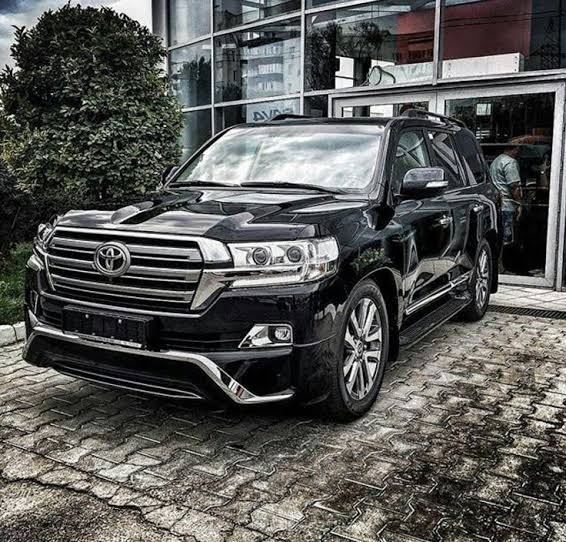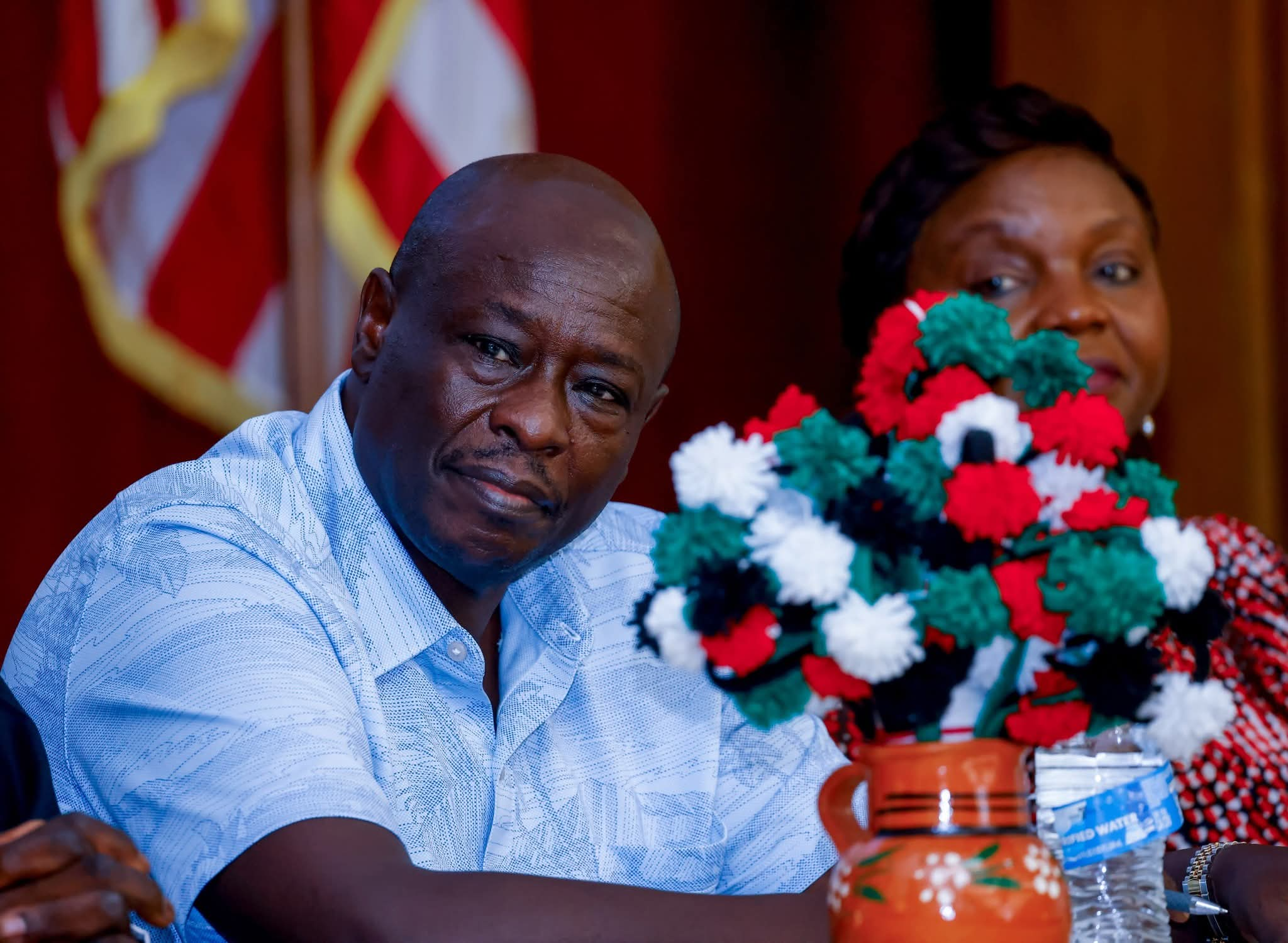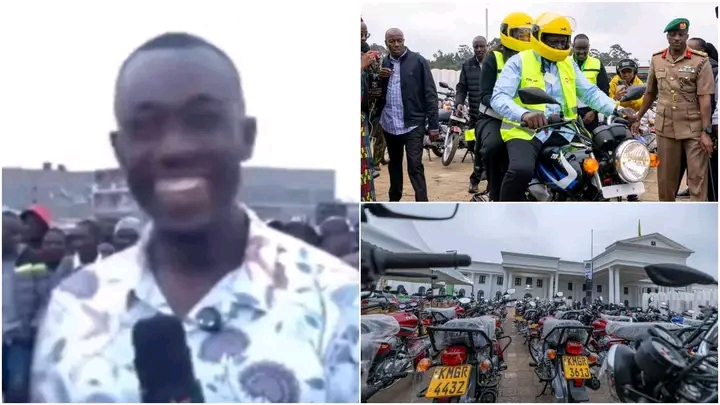Taxes are meant to build nations, improve services, and uplift citizens. Yet, in many countries, taxpayers often feel as though their hard-earned money fuels a system that benefits the political elite more than the ordinary citizen. Nothing captures this frustration better than the perception that every tax remittance translates directly into luxury cars, lavish lifestyles, and endless perks for politicians. This narrative is not just an exaggeration of public anger—it has roots in real patterns of government spending and accountability failures.

The Taxpayer’s Burden
When citizens part with their salaries in the form of income tax, or when they pay value-added tax on everyday goods, there is a common belief that this money will improve schools, healthcare, infrastructure, and security. However, the transparency of how this money is spent is often murky. Reports of unnecessary car fleets, luxury convoys, and bloated allowances create a perception that the taxes meant to build hospitals are instead building motorcades.
Government Procurement Culture
One of the reasons taxpayers link their money to politicians’ cars is the culture of government procurement. Luxury vehicles often top the list of purchases for state offices. While the justification is usually “official duties” or “security,” the reality is that fleets of brand-new vehicles are bought frequently—sometimes annually. In countries where public hospitals lack basic drugs or schools operate under trees, this spending not only looks excessive but disrespectful to the taxpayer.
Historical Examples
Across Africa, Asia, and Latin America, history shows a consistent pattern where the political class prioritizes personal comfort. Former Nigerian lawmakers were once reported to have allocated billions for brand-new SUVs at a time when citizens were facing inflation. In Kenya, successive administrations have justified expensive convoys, despite the country’s growing debt. In South America, scandals often emerge showing how officials use tax revenue for personal luxury. Each example fuels the same story: taxes do not uplift the majority—they grease the wheels of power.
Public Outrage and Media Narratives
The phrase “every time you pay tax, a politician buys a new car” thrives because media exposes reinforce it. When citizens see headlines about politicians receiving allowances for cars on top of already owning state-funded vehicles, it breeds anger. Social media magnifies this perception with memes, photos of lavish convoys, and comparisons between struggling citizens and smiling politicians waving from tinted SUVs.
The Real Cost
Luxury cars do not exist in isolation. They come with fuel costs, drivers, maintenance, insurance, and security escorts. When multiplied by hundreds of political offices, the figures quickly escalate into billions annually. For the ordinary taxpayer, the reality hits when they cannot access affordable healthcare, quality education, or proper roads. The contrast between the lives of citizens and the elite deepens distrust in governance.
Global Contrast
Interestingly, in some countries, politicians deliberately avoid this excess to build public trust. Scandinavian leaders are known for modest lifestyles—sometimes biking to work or using public transport. This stands in sharp contrast to nations where leaders cannot imagine appearing without a motorcade. The comparison raises questions: if other leaders can serve effectively without draining taxpayers, why can’t ours?
Debt and Taxes
The frustration intensifies when citizens realize their countries borrow heavily, only for borrowed money to fuel luxury rather than investment. It is one thing to pay tax—it is another to know that future generations will pay back debts that financed endless car purchases instead of development projects. This creates a cycle where citizens feel they are trapped in a system designed to exploit, not serve.
Accountability Demands
Civil society groups, activists, and independent media often push for more accountability in how tax revenue is used. Demands for transparency portals, public audits, and expenditure breakdowns are on the rise. Citizens want to see where their money goes—and when car purchases dominate the budget line, they demand answers.
What Citizens Can Do
While frustration is high, public pressure has worked in some nations. Exposing excesses, demanding procurement reforms, and supporting leaders who reject luxury spending are steps toward change. Citizens also play a role in demanding value for their taxes, engaging in civic education, and voting wisely.
Shifting the Narrative
Not every cent of tax money buys a car—but the dominance of such spending creates a narrative that feels very real to struggling citizens. Changing this requires systemic reforms and leadership that values service over privilege. Only then will taxpayers believe that their contributions build schools, roads, and hospitals—not just another sleek car in a politician’s driveway.




Comments (0)